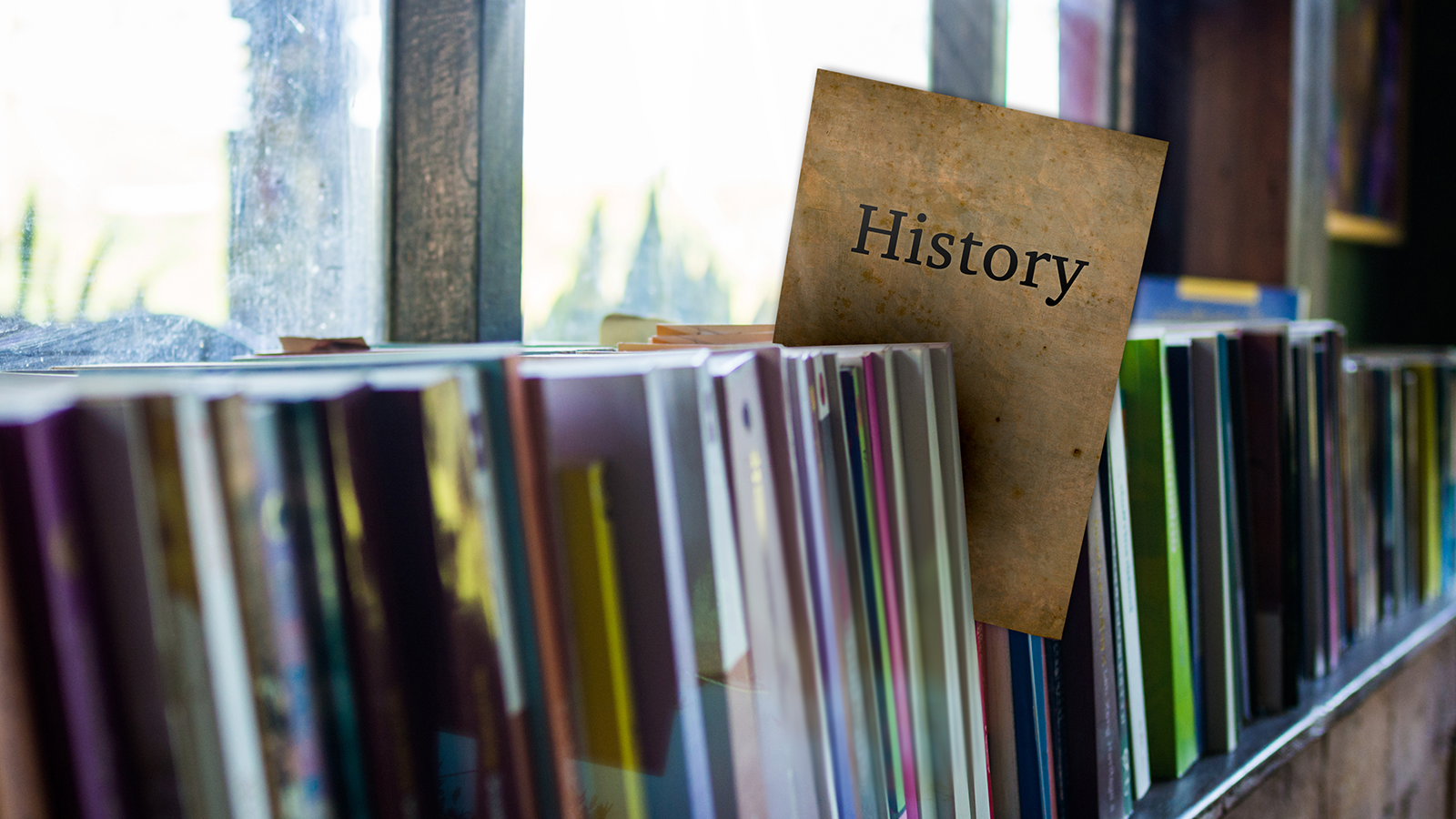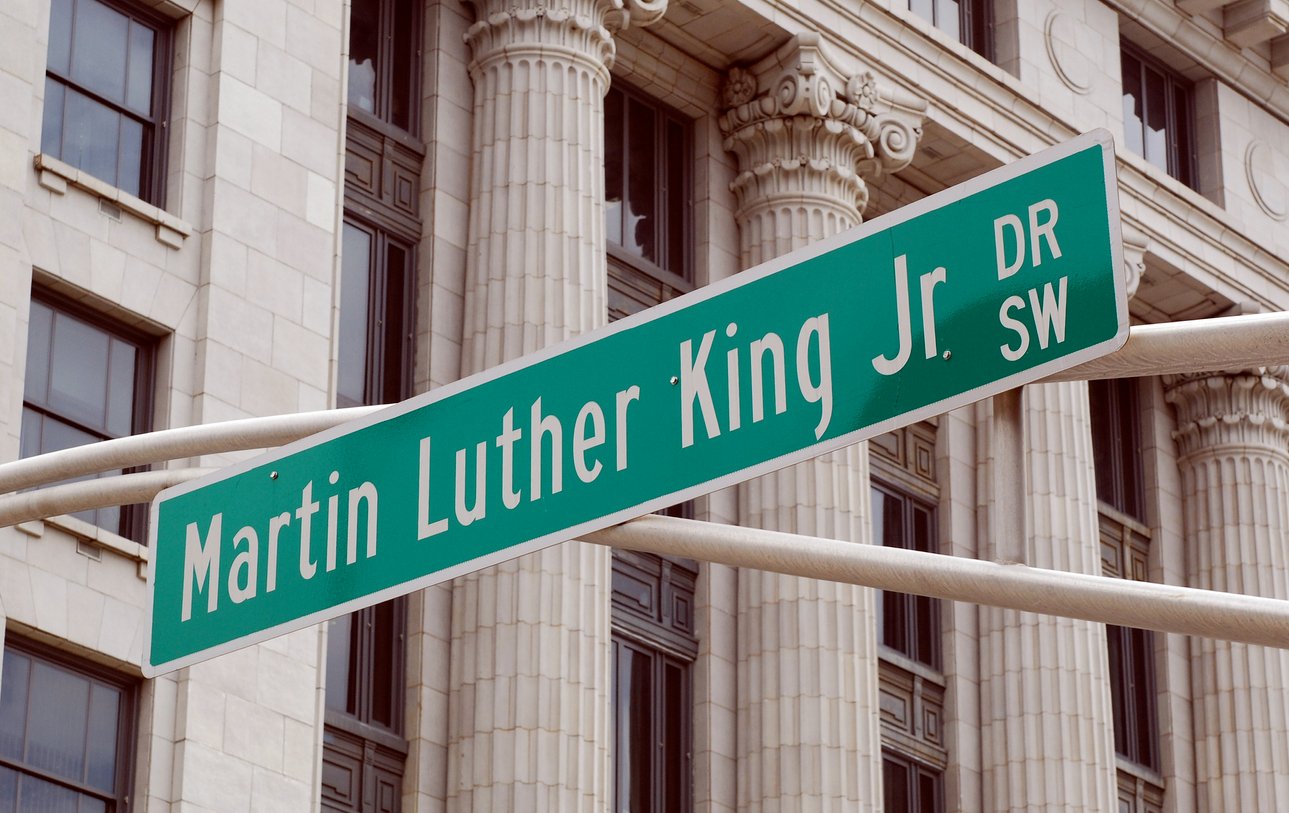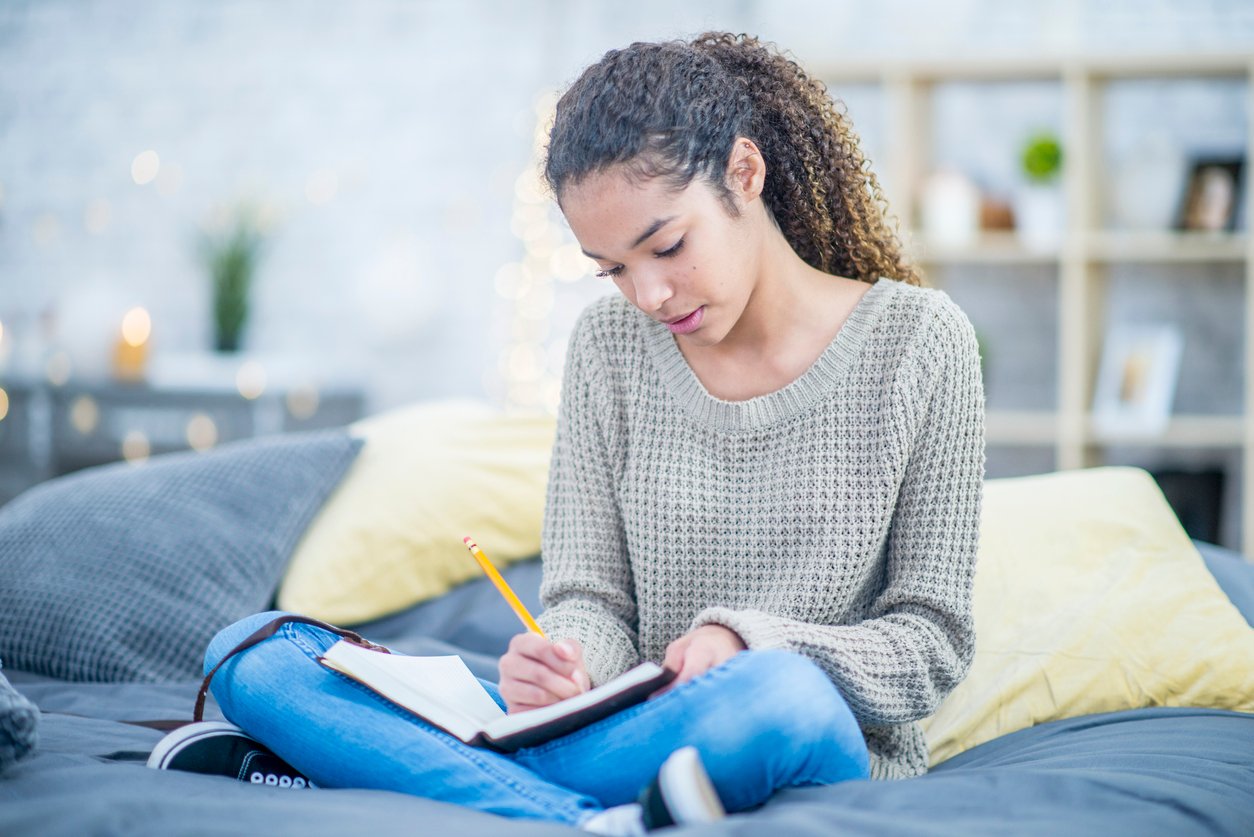
History is the study of past events in human affairs and part of our daily lives. There’s no way around it, we are living in a historical moment currently that will affect future generations to come.
In this time of change, challenge, and uncertainty, the more your students can embrace this moment of history unfolding around them, the better. As educators, it is our job to encourage them to play an active role in this historic time to make a positive impact. What can your students do to prevent history from happening again in their lifetime?
Actively engage your students in current events
There are a plethora of articles and media reporting information about the pandemic and the Black Lives Matter movement. Your students can do research about a given topic and compare and contrast the reported information. Use your Learning Management System to create groups so that your students can research topics relative to COVID-19, like effectiveness of masks or geographical distribution of the virus, or the Black Lives Matter protests occurring globally.
These topics provide an opportunity for students to build reading skills through annotation and expose themselves to varying mediums for securing information (i.e. news media, medical journals, documentaries, or newspaper articles). A juxtaposition of current events with history also shows students the cyclical nature of human behavior and how long change takes.

Source: istock.com/wellesenterprises
Primary sources of historical accounts
The Library of Congress is an extraordinary resource for primary sources from the civil rights movement in the 1950s and pre-Civil War abolitionist movement. The collection of photos, videos, letters, diary entries, and first-person accounts of these movements will help students understand the context of current events through a historical lens.
If you are lucky enough to live in an area with a African American history museum, your class may be able to view artifacts from these events or interview an activist from the civil rights era who can share accounts of their experience. This activity has a threefold purpose. First, your students will get a primary account of a historical event. Secondly, the person will share his or her story and your student can create a memoir. Thirdly, your student can compare and contrast the activist’s account of events with current events to understand how history repeats itself.

Source: istock.com/FatCamera
Historical events are real time and live
Students can make the connections between past and present by journaling their daily routine. The traditional form of education for many students and teachers has changed. The classroom has become the bedroom, kitchen table, den, or outdoor space, and students are becoming creative with their learning experiences. Journaling about their experience and viewpoints creates a present primary source for children in the future.
A student five, ten, or even twenty years from now can gain a perspective on the global climate during the pandemic and Black Lives Matter movement. Encourage your students to read news stories and watch primary source videos of current events. Are their parents or friend protesting? Are they protesting themselves? Do they know anyone who has contracted COVID-19? Does the student or their family members have a strong opinion about wearing a mask in public? By answering these questions, students are afforded the opportunity to write a first-person account of their experience.
To support the importance of journaling, reference the Diary of Anne Frank for your students. Anne’s story was written through a perilous harrowing time, which has been inspirational for generations of readers. The magnitude of her strength to prevail through times of war, starvation, devastation, and genocide brings hope to readers. Your student’s words can do the same.
Your classroom can quell the uncertainty that stems from these uncertain times by helping your students understand their own historical role during these challenging times. Instead of being on the outside looking in, allow them to step into the history, become an integral part of its making, and focus on the power and strength they have to make a change and report history from their own accounts.
Seeking more history resources for your classroom?
Access a free trial of Active Classroom
Sheree Turner, Ph.D. is a Master Teacher Leader in an urban school district in Atlanta and a 27-year veteran educator specializing in English language arts (ELA) and social studies. Dr. Turner is also an adjunct professor with University of Phoenix in the School of Education graduate studies. She is certified in middle grades social studies, gifted-learner endorsed, and reading endorsed. Her area of interest is ensuring social studies does not become extinct in the 21st century classroom.